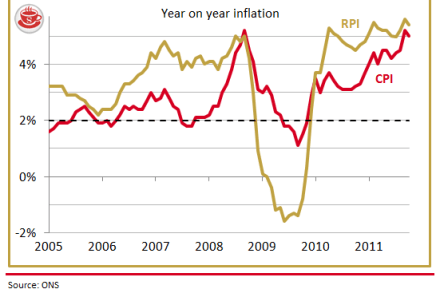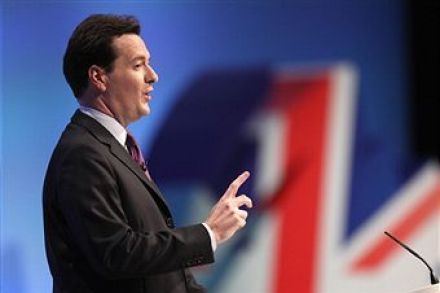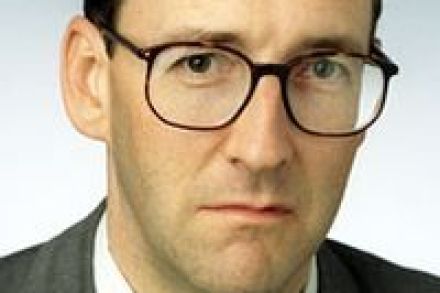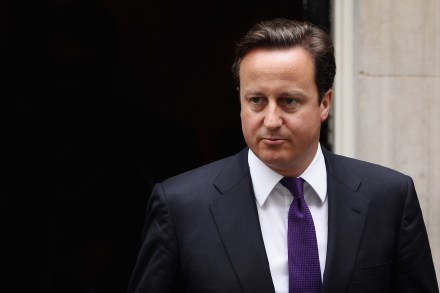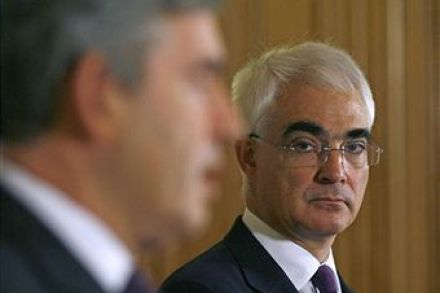Some advice for Osborne
In the latest issue of the magazine, a flock of politicians, commentators and economists offers George Osborne some advice for growing the economy. There are ten contributions in total, but here are three for CoffeeHousers’ consideration: Arthur Laffer Chairman, Laffer Associates Cut the 50p tax Reducing the burden which government places on the economy, through tax cuts, is the surest way to promote growth. I have never heard of a country that taxed itself into prosperity. Yet Britain last year raised the top rate of income tax from 40 per cent to 50 per cent. For more economic growth, and more tax revenue, this rate should be lowered immediately. This


